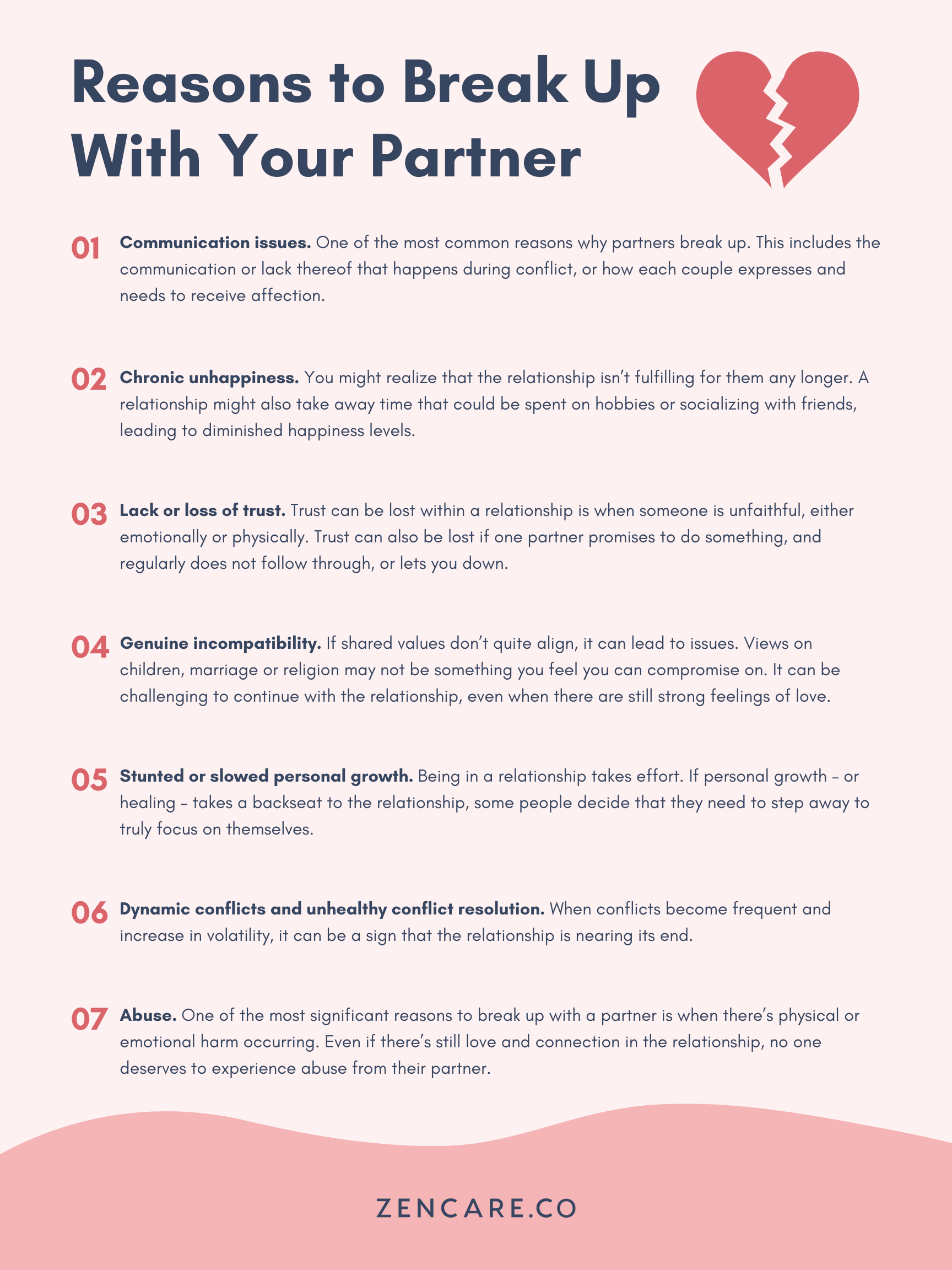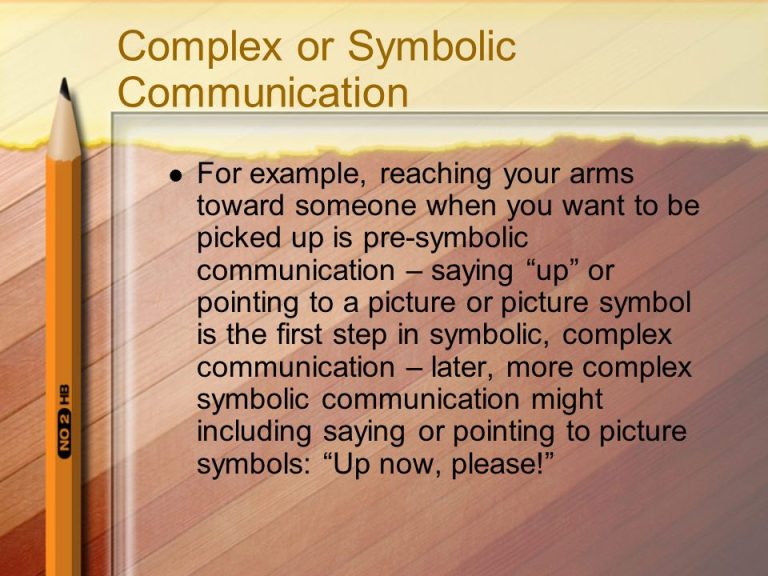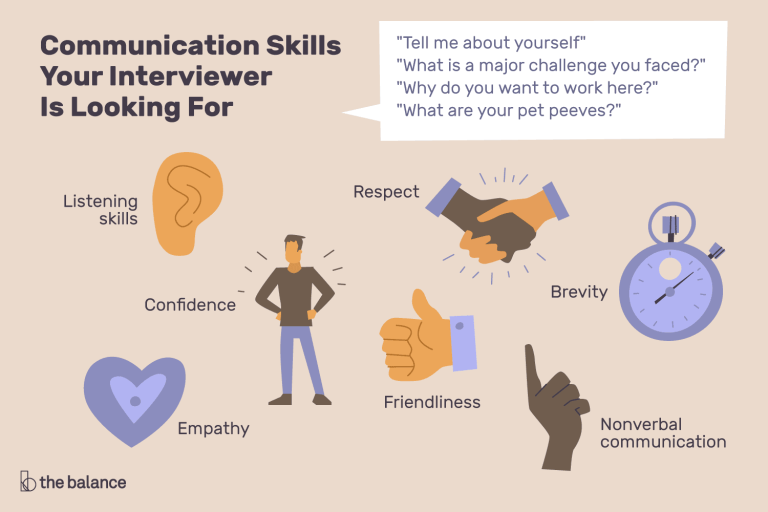Communication During Relationship Break: Essential Tips
Communication during a relationship break can be complex and sensitive. It’s a crucial part of navigating emotions and expectations.
Relationship breaks can offer time for reflection and growth. Yet, clear communication remains key to understanding each other’s needs and boundaries during this period. Misunderstandings can arise easily without effective dialogue, leading to further strain. A relationship break doesn’t mean complete silence.
It involves setting clear guidelines for contact. Discussing how often to communicate and what topics are off-limits helps maintain respect. This approach can prevent unnecessary hurt and confusion. Open and honest conversations allow both partners to express their feelings and concerns. This can lead to a stronger understanding of the relationship’s future. Communication during a break is about balance. It requires empathy and patience.
Navigating Emotional Challenges
Navigating emotional challenges during a relationship break requires clear communication. Express feelings honestly but gently. Listen actively to understand your partner’s perspective.
Navigating a relationship break can be one of the most emotionally challenging experiences you face. Amidst the whirlwind of emotions, understanding how to communicate effectively can make all the difference. It’s not just about expressing yourself but also managing and understanding your emotional reactions.Managing Emotional Reactions
Emotional reactions during a break can be intense. You might feel anger, sadness, or even relief. These feelings are natural but can cloud your judgment and communication. Recognize these emotions as they arise. Instead of reacting impulsively, take a moment to breathe and assess what you’re truly feeling. This pause can prevent misunderstandings and regrettable exchanges. Consider journaling your feelings. Writing them down helps you process emotions privately, which can lead to clearer communication later. Have you ever tried expressing your thoughts on paper before speaking them aloud?Cultivating Emotional Resilience
Building emotional resilience is crucial during this time. It helps you bounce back from emotional setbacks and maintain a healthier perspective. Start by setting small, achievable goals each day. Accomplishing tasks, even as simple as going for a walk, boosts your confidence and emotional strength. Engage in activities that nurture your well-being. Whether it’s yoga, art, or a good book, find something that revitalizes your spirit. What activities make you feel most alive and centered? Surround yourself with supportive friends or family who understand your situation. Their encouragement can provide a safety net as you navigate this emotional journey. Emotional resilience isn’t built overnight. Be patient with yourself, and remember, every step forward, no matter how small, is progress.
Credit: www.calm.com
Setting Clear Boundaries
Clear boundaries help maintain respect and clarity during relationship breaks. They minimize misunderstandings and foster healthy communication. Establishing these boundaries ensures personal space and emotional safety for both parties involved.
Taking a break in a relationship can be a challenging time. It’s crucial to set clear boundaries to ensure both parties feel respected and understood. Boundaries help define what is acceptable and unacceptable during this period, providing a framework for communication and personal growth. They act as a guide to maintain respect and prevent misunderstandings.Defining Personal Space
In any relationship break, defining personal space is essential. You may need time alone to reflect and recharge. Consider what makes you feel comfortable and communicate these needs clearly. Think about activities you want to pursue independently. Perhaps you’d like to spend weekends focusing on hobbies or connecting with friends. Sharing these preferences can prevent feelings of neglect or isolation. Have a conversation about digital boundaries too. Decide if you need a pause from texting or if specific times should be set aside for communication. This clarity prevents unnecessary anxiety and fosters mutual respect.Respecting Each Other’s Limits
Respect is a two-way street. It’s important to acknowledge and honor each other’s limits during a break. This respect builds trust and understanding. Imagine a scenario where your partner requests minimal contact for a week. Accepting and respecting this request shows maturity and empathy. It allows both of you the space needed for reflection. Consider how you would feel if your boundaries were ignored. It can lead to frustration and push you further apart. Always strive to put yourself in the other person’s shoes when discussing limits. Boundaries are not set in stone. They can evolve as you both progress through the break. Regular check-ins can help reassess and adjust them as needed. How can you ensure that both of you feel heard and validated during these discussions?Effective Dialogue Techniques
Navigating a relationship break requires clear and honest dialogue. Sharing feelings openly helps both partners understand each other’s needs. Listening without interrupting can ease tension and foster mutual respect.
Navigating a relationship break can be emotionally challenging, but employing effective dialogue techniques can ease the process. Communication is key, and knowing how to engage in meaningful conversations can help both parties understand each other’s perspectives. By focusing on active listening and expressing needs clearly, you can foster a more supportive and understanding environment, even during difficult times. ###Active Listening
Active listening is more than just hearing words. It’s about truly understanding and acknowledging what the other person is saying. When your partner speaks, show genuine interest. Maintain eye contact, nod occasionally, and avoid interrupting. Ask open-ended questions to clarify their feelings. Instead of “Are you upset?” try “How do you feel about this situation?” Reflect back what you’ve heard to confirm understanding. You might say, “It sounds like you’re feeling overwhelmed by the changes.” Consider a time when you felt truly heard. How did that change the dynamic of your conversation? Aim to provide that same experience for your partner. ###Expressing Needs Clearly
Expressing your needs clearly is crucial for effective communication. It helps prevent misunderstandings and assumptions. Use “I” statements to communicate feelings without placing blame. Instead of saying, “You never listen,” try “I feel unheard when my concerns aren’t acknowledged.” Be specific about what you need. Instead of saying, “I need more support,” specify what support looks like for you. Limit your statements to one topic at a time. This keeps the conversation focused and less overwhelming. Think about a moment when you felt your needs were misunderstood. How might clear communication have changed the outcome? Effective dialogue techniques can transform a challenging relationship break into an opportunity for growth and mutual understanding. How can you implement these techniques to improve your communication today?Balancing Communication Frequency
Finding the right communication frequency during a relationship break is crucial. Balance helps maintain connection without overwhelming the other person. Respect boundaries while ensuring both parties feel heard and understood.
In the midst of a relationship break, finding the right balance in communication frequency is crucial. Too much contact can lead to emotional chaos, while too little might foster a sense of disconnection. How do you strike the perfect balance? It’s all about understanding your needs and those of your partner. Communication during a break should be purposeful and respectful, aiming to support the personal growth of both individuals involved.Recognizing Overcommunication
Overcommunication can quickly become overwhelming. Constant texts, calls, or social media interactions can lead to emotional exhaustion. Consider how it feels when your phone buzzes endlessly with messages. It can be distracting and stressful. Ask yourself if you are communicating out of fear or genuine need. Is it helping you or adding pressure? Reflect on the quality of your communication rather than the quantity. Focus on meaningful exchanges that foster understanding and respect.Establishing Communication Routine
Creating a communication routine can bring stability and predictability. Agree on specific days or times for contact, ensuring mutual comfort. This can help you avoid misunderstandings and reduce anxiety about when you’ll hear from each other next. Think about setting boundaries. Discuss what topics are off-limits and which are open for conversation. It’s about respecting each other’s space and ensuring communication serves a constructive purpose. A simple routine might look like a weekly check-in, allowing both partners to share updates without feeling pressured to talk every day. How might a scheduled conversation change your perspective during a break? It might offer clarity and reduce the urge to reach out impulsively. In essence, balancing communication frequency during a relationship break involves thoughtful consideration and mutual agreement. It’s a delicate dance, but one that can help maintain respect and foster growth.Seeking Professional Guidance
Taking a break in a relationship can be daunting. Emotions run high, and communication might falter. Seeking professional guidance can be a wise choice. Professional counselors provide a neutral space to express feelings. They offer tools to improve understanding and communication. This guidance can be crucial during a relationship break.
Benefits Of Counseling
Counseling offers many benefits during a relationship break. It provides a safe space to share thoughts. Counselors help identify underlying issues. They teach conflict-resolution skills. This can lead to healthier communication. Counseling often improves emotional awareness. This awareness aids in better decision-making.
Choosing The Right Support
Choosing the right support is essential for effective counseling. Look for qualified professionals with experience in relationship counseling. Check their credentials and reviews. Personal comfort with the counselor is important. Trust and rapport enhance the counseling process. Consider the counselor’s approach and methods. Ensure they align with your needs and values.

Credit: blog.zencare.co

Credit: femfwd.com
Frequently Asked Questions
Should You Communicate With Your Partner During A Break?
Communication during a break depends on mutual agreement. Discuss boundaries and intentions with your partner. Clear communication can prevent misunderstandings. Ensure both parties feel comfortable and respected.
How Much Contact Should You Have During A Relationship Break?
Maintain minimal contact during a relationship break. Respect boundaries and focus on personal growth. Communicate only when necessary or mutually agreed.
How To Keep Yourself Busy During A Relationship Break?
Engage in hobbies or learn new skills to stay occupied. Exercise regularly to boost mood and energy. Connect with friends and family for support and social interaction. Practice mindfulness or meditation for mental clarity. Set personal goals and focus on self-improvement during this time.
Conclusion
Healthy communication strengthens relationships during breaks. It prevents misunderstandings. Mutual respect is vital. Listening shows care and understanding. Honest expression fosters growth. Avoid blaming each other. Share feelings openly. It helps heal wounds. Trust builds from open conversations. Silence can harm trust.
Stay patient with each other. Time apart can offer clarity. Reflect on shared moments. Learn from experiences. Set boundaries and stick to them. Reconnect when ready. Strong relationships can survive breaks. Love may deepen over time. Communication is key. Embrace change as part of growth.
Keep the dialogue alive.



